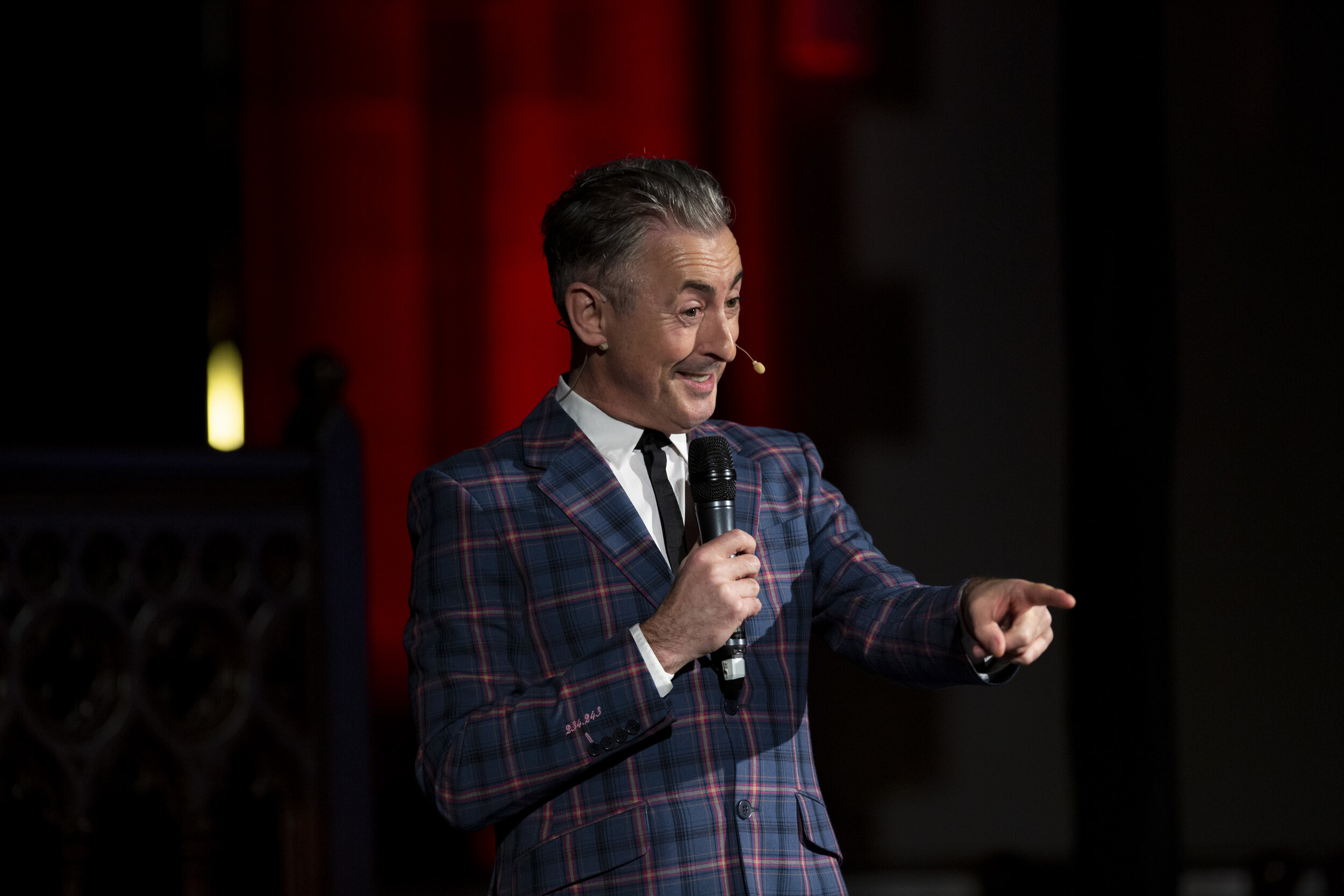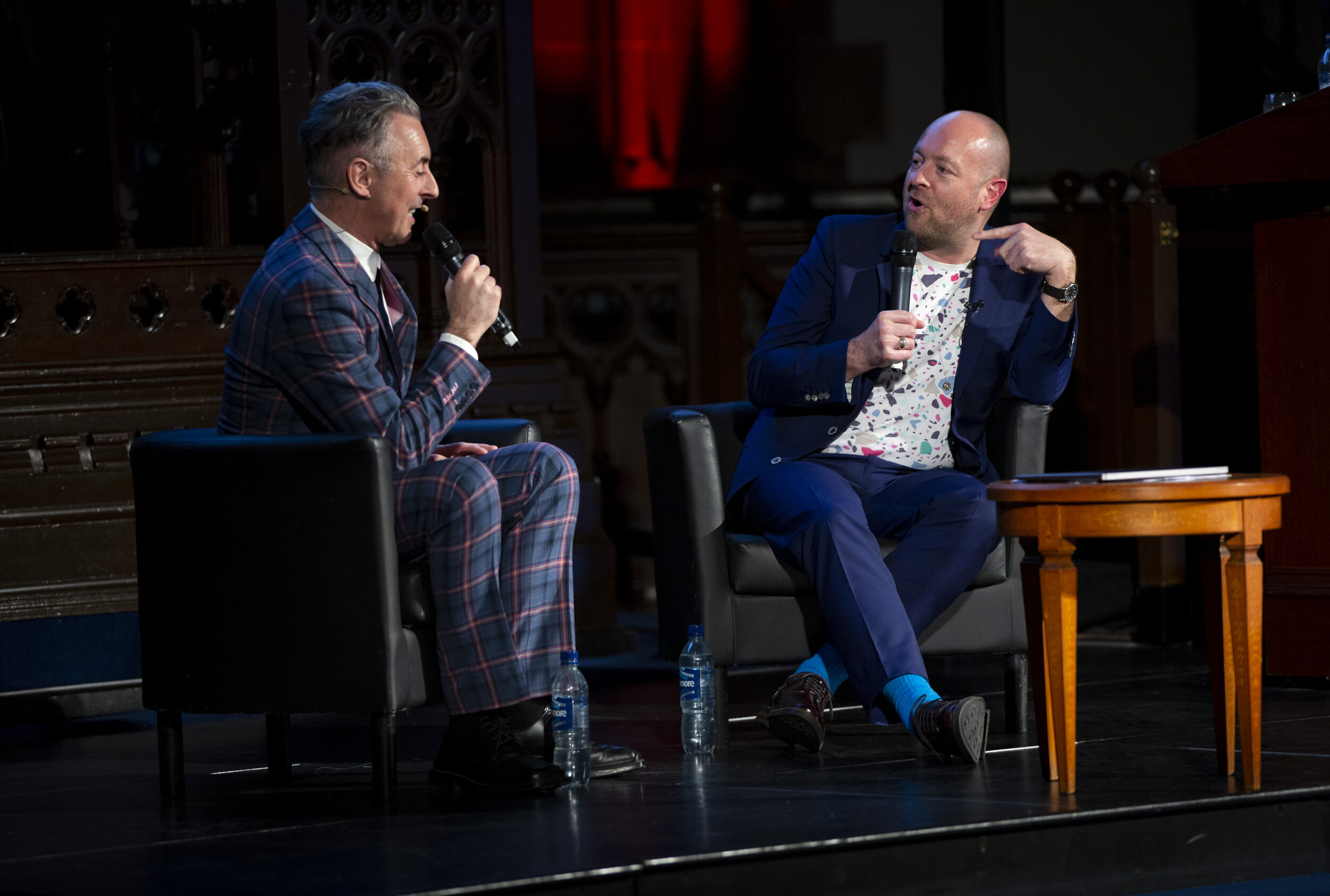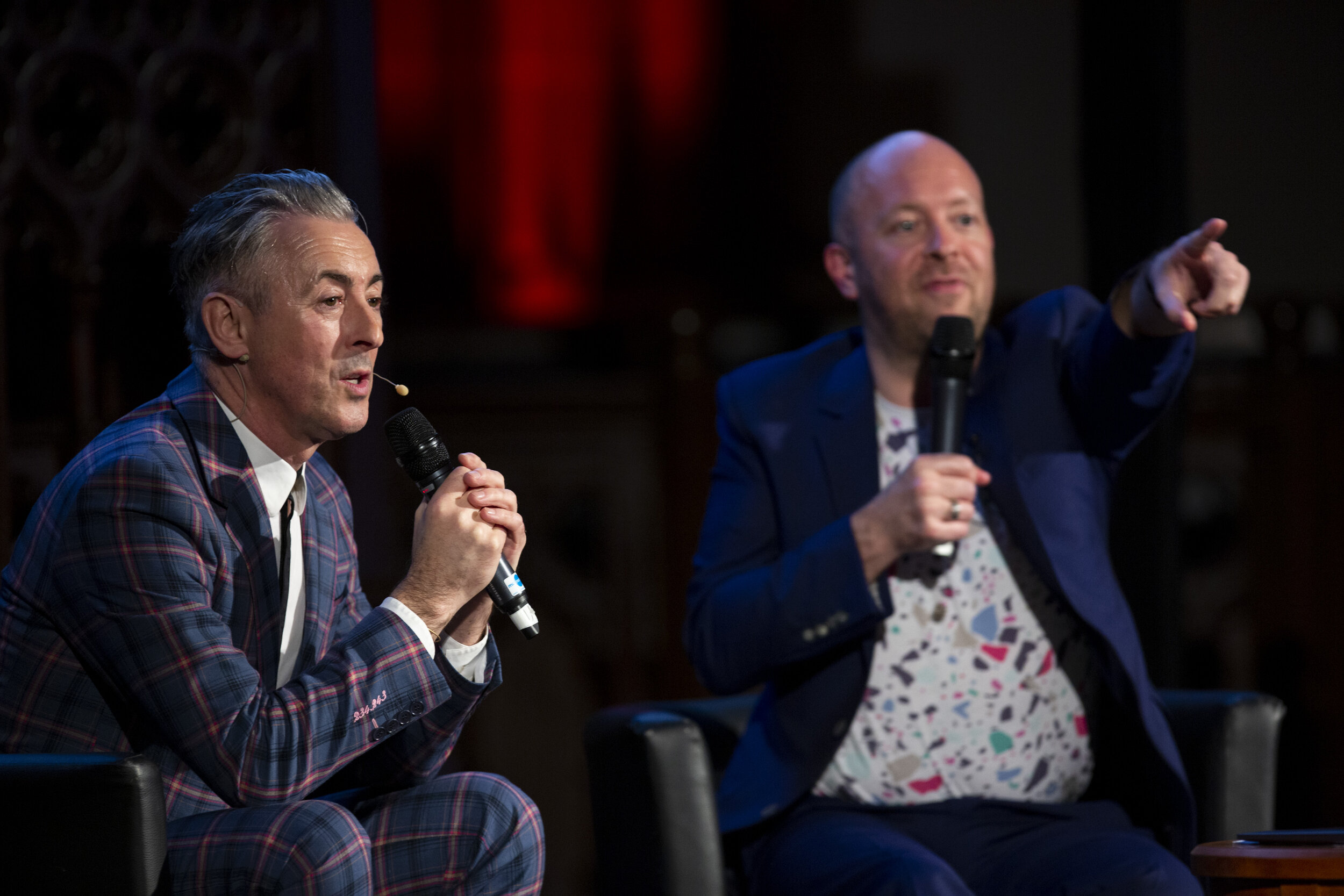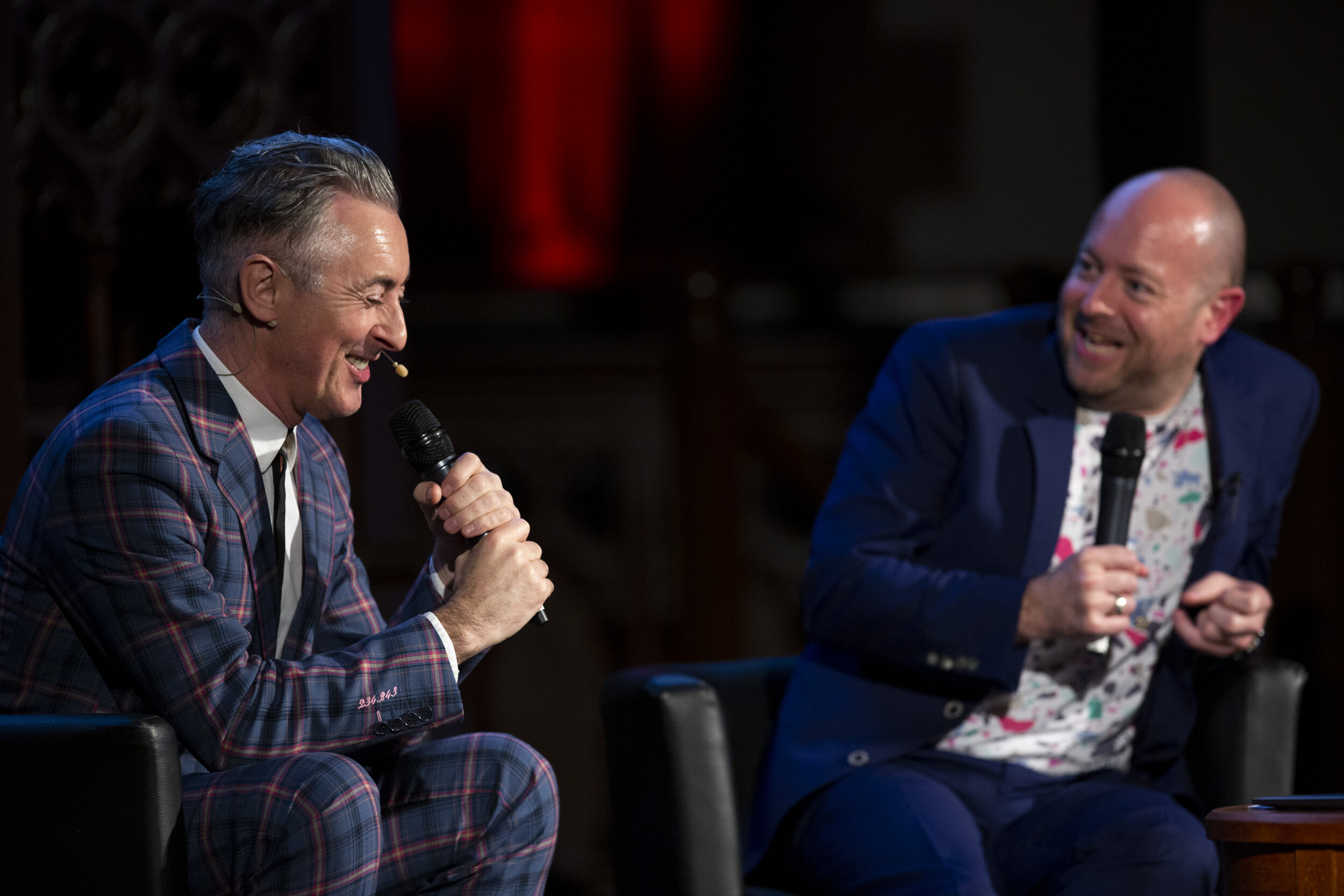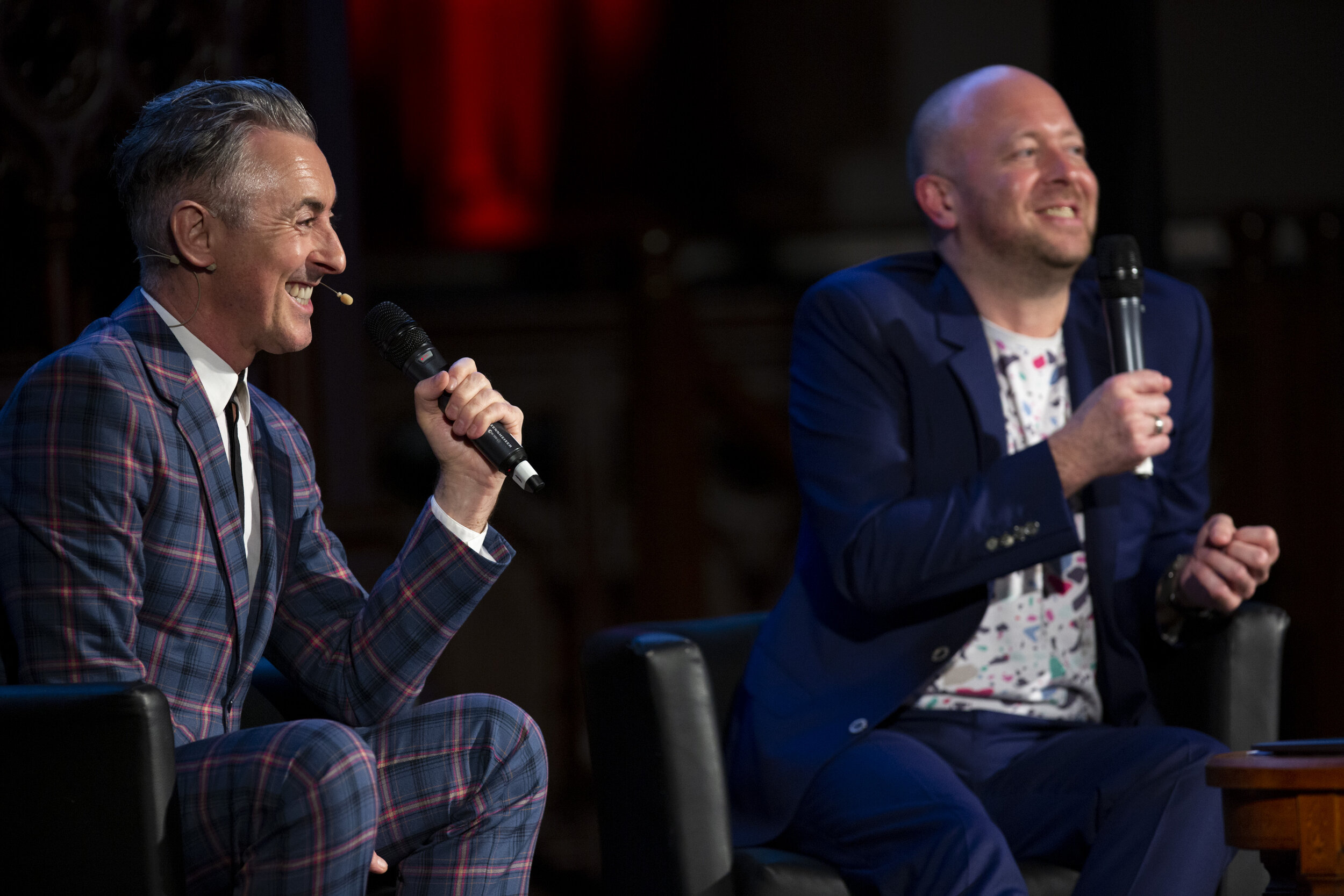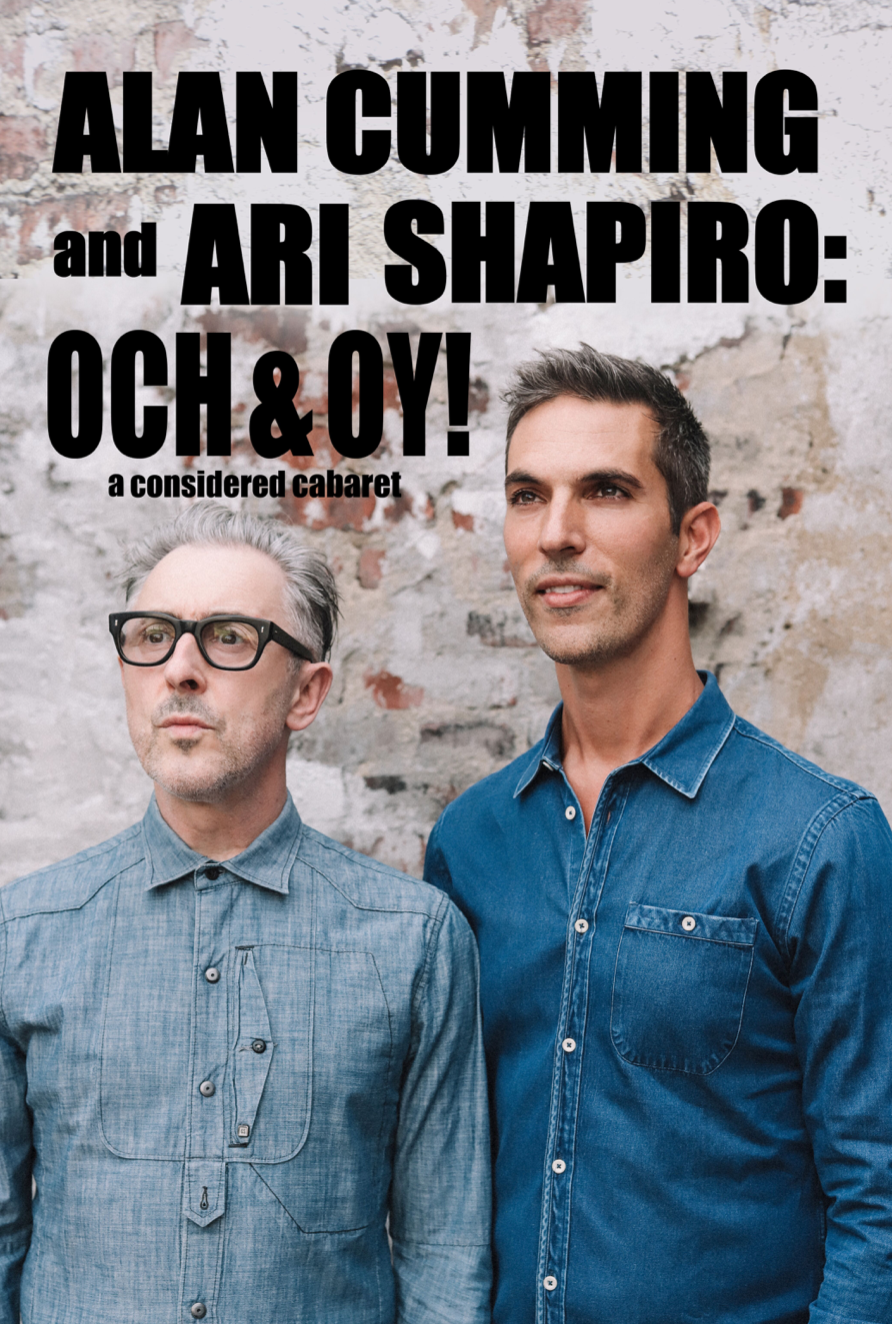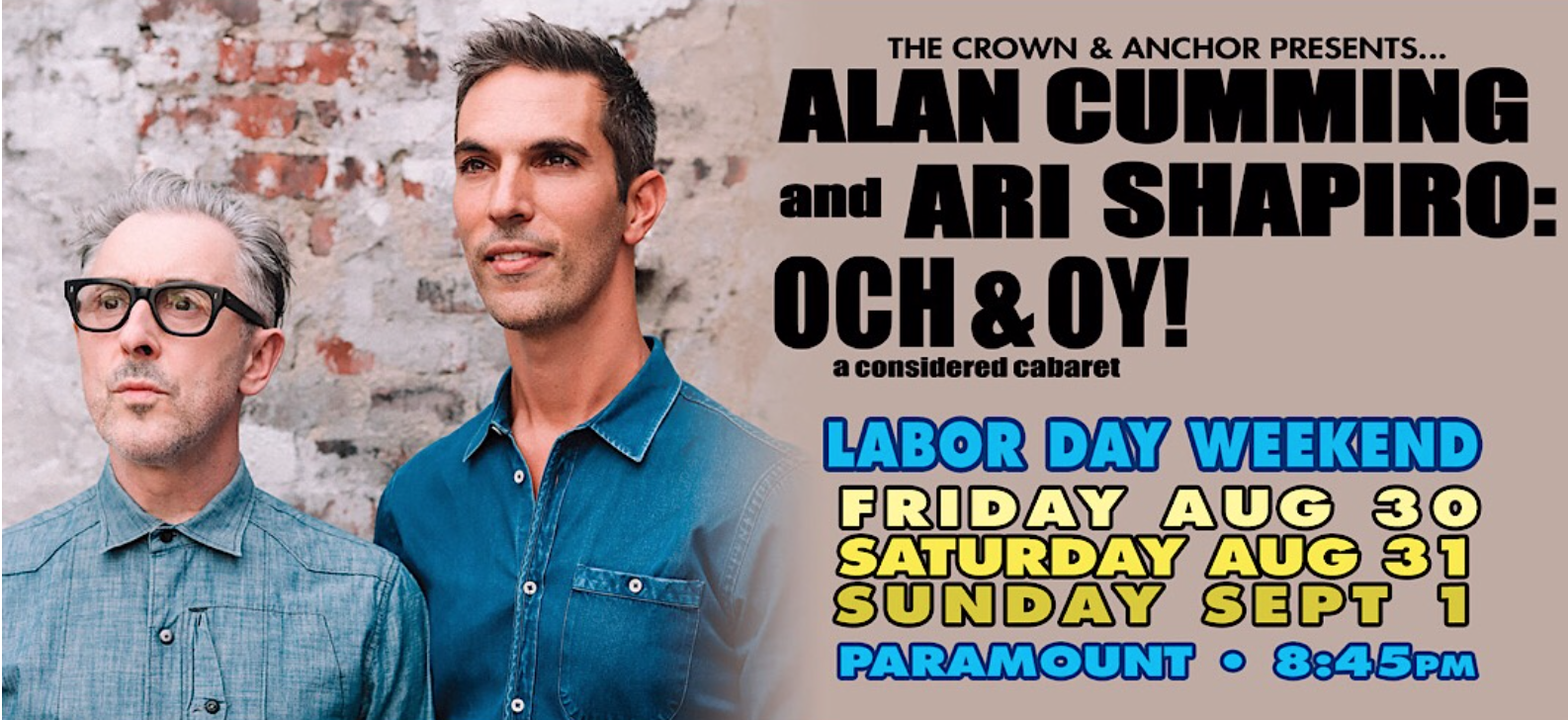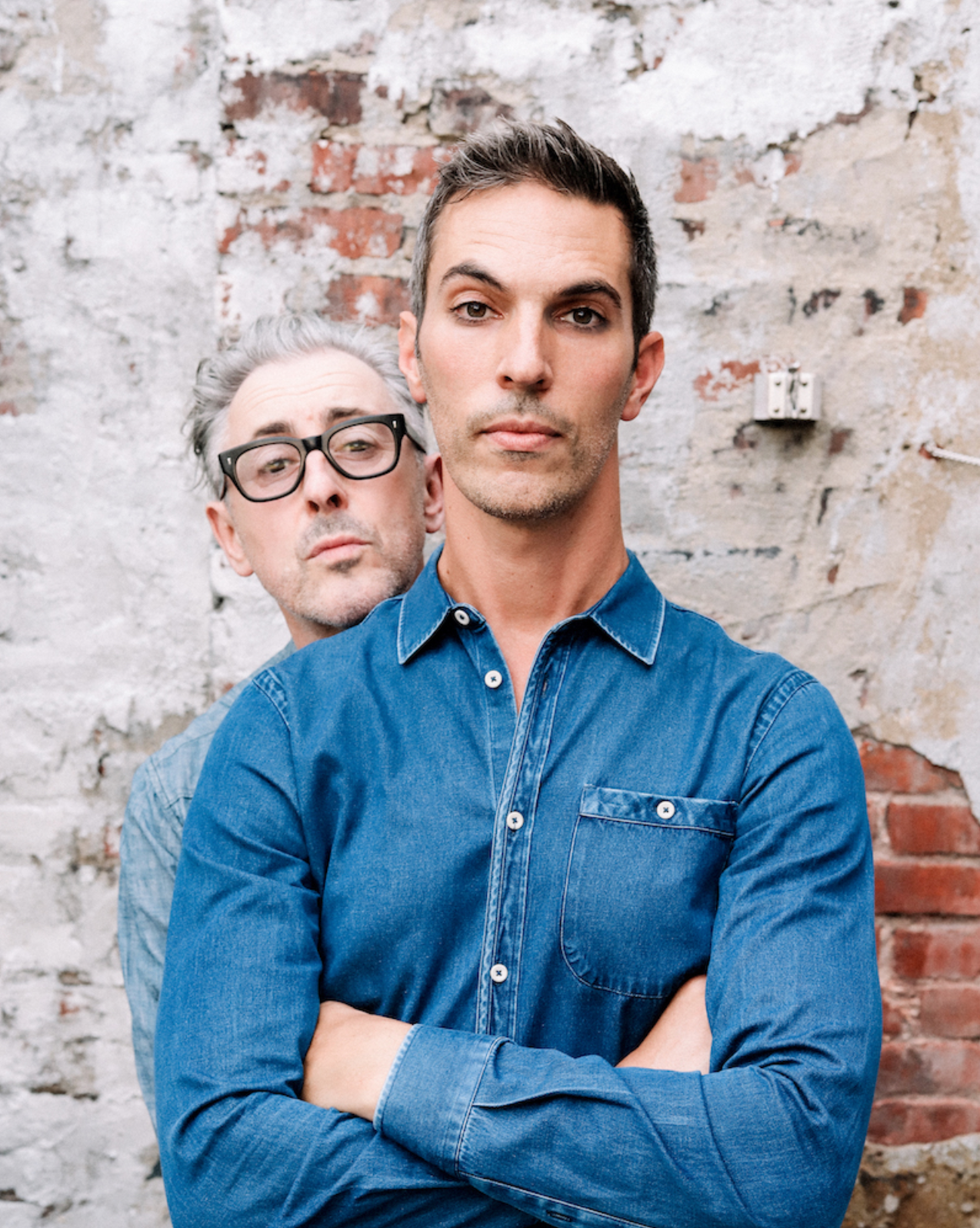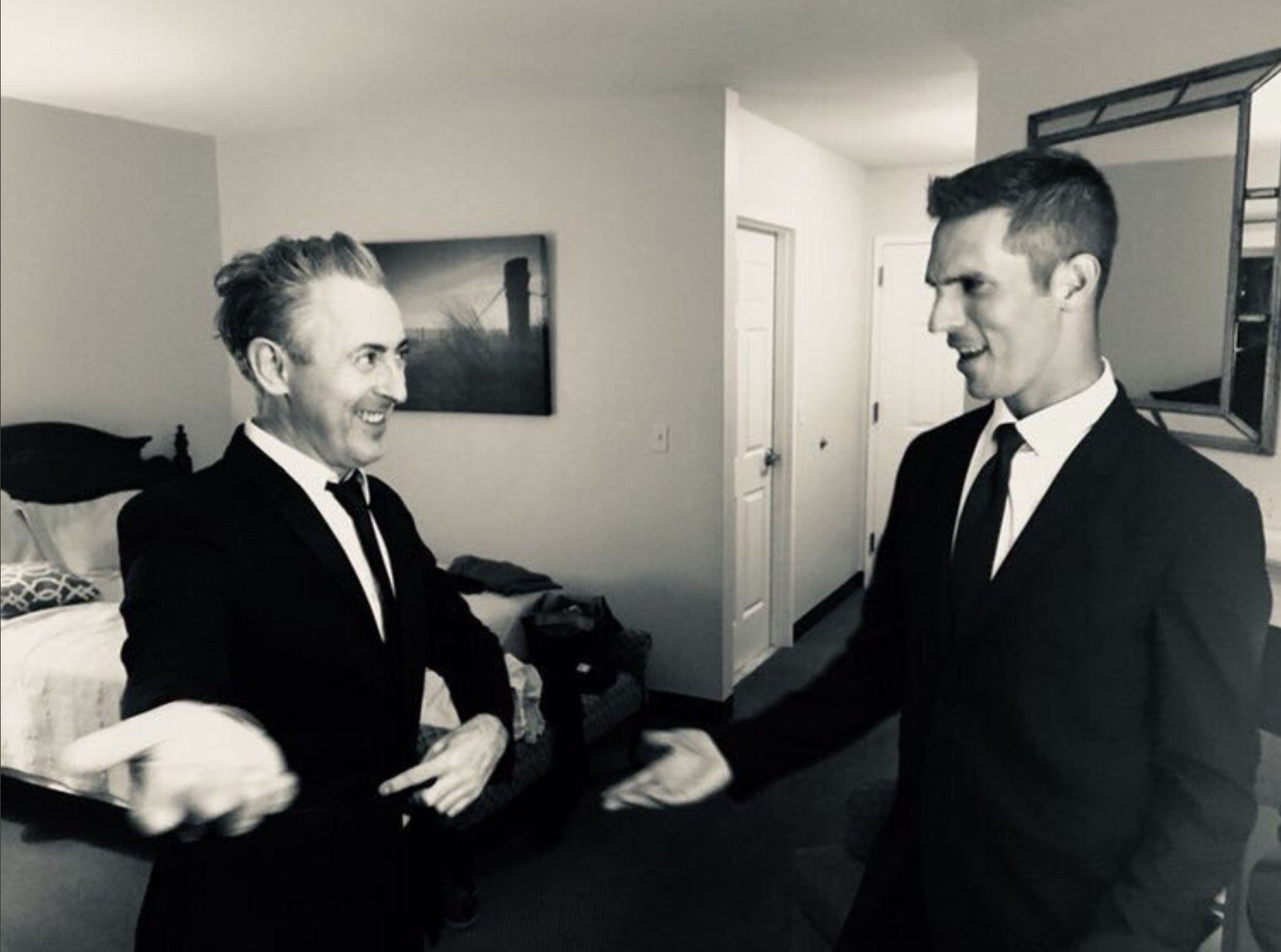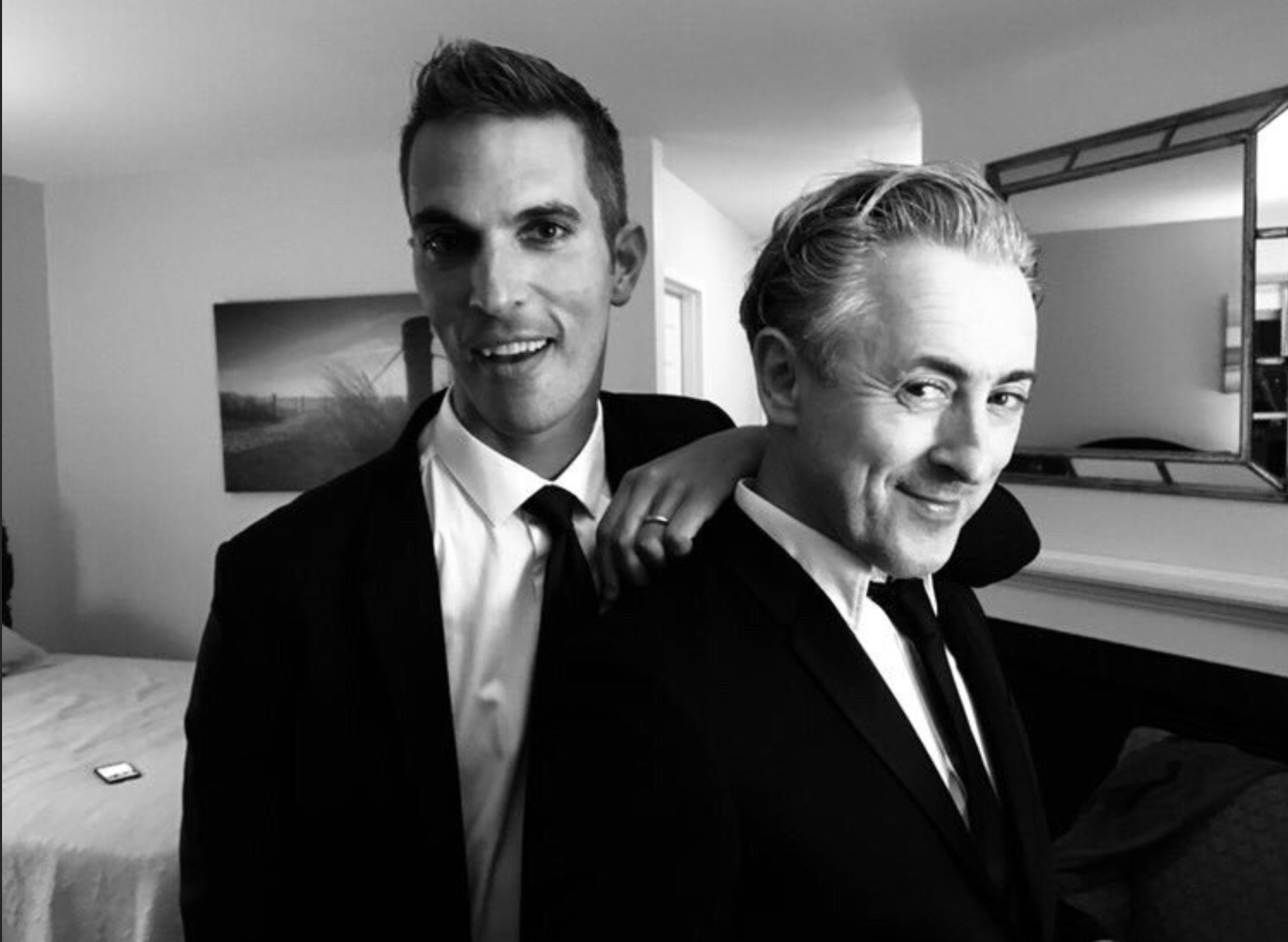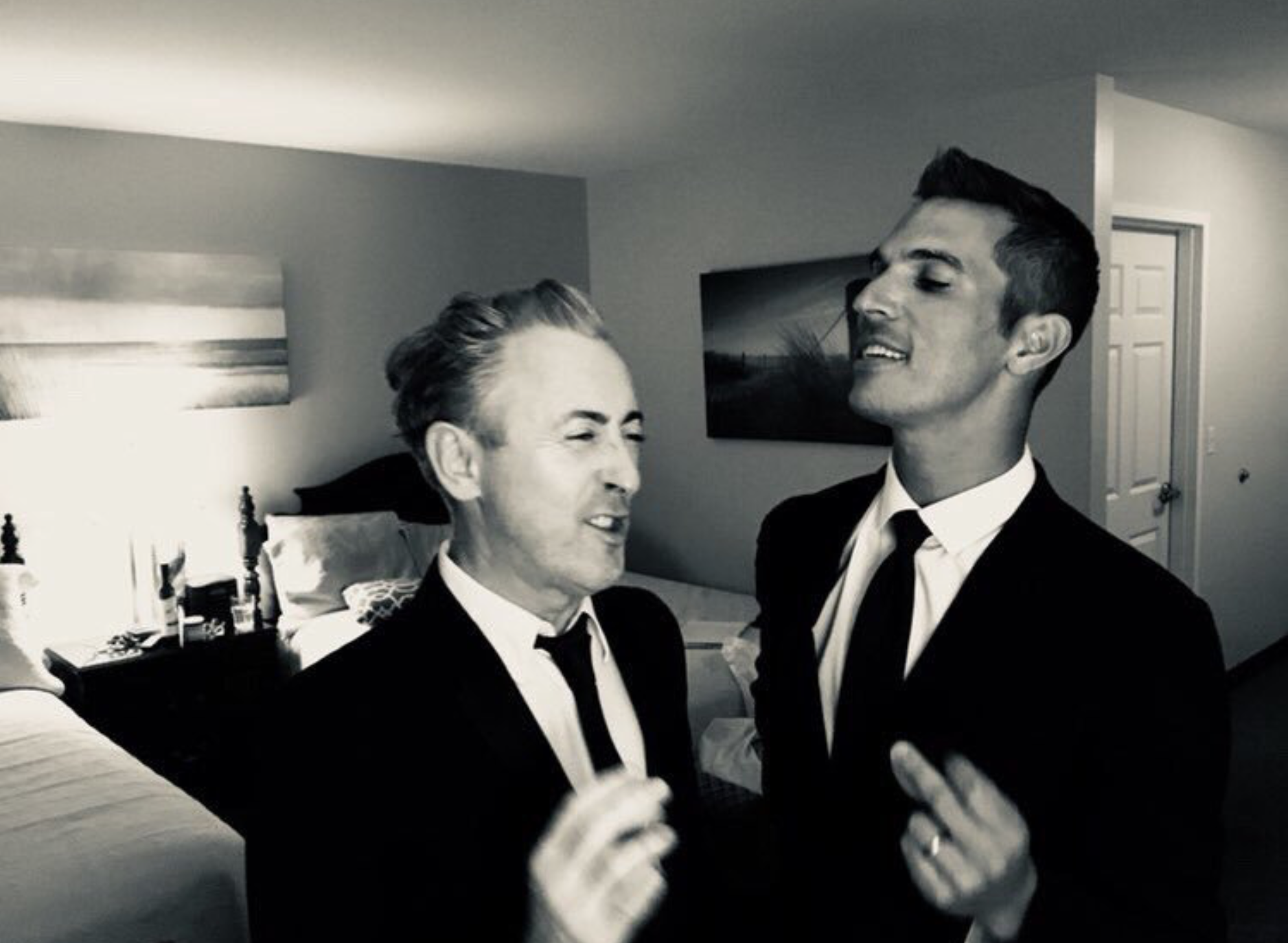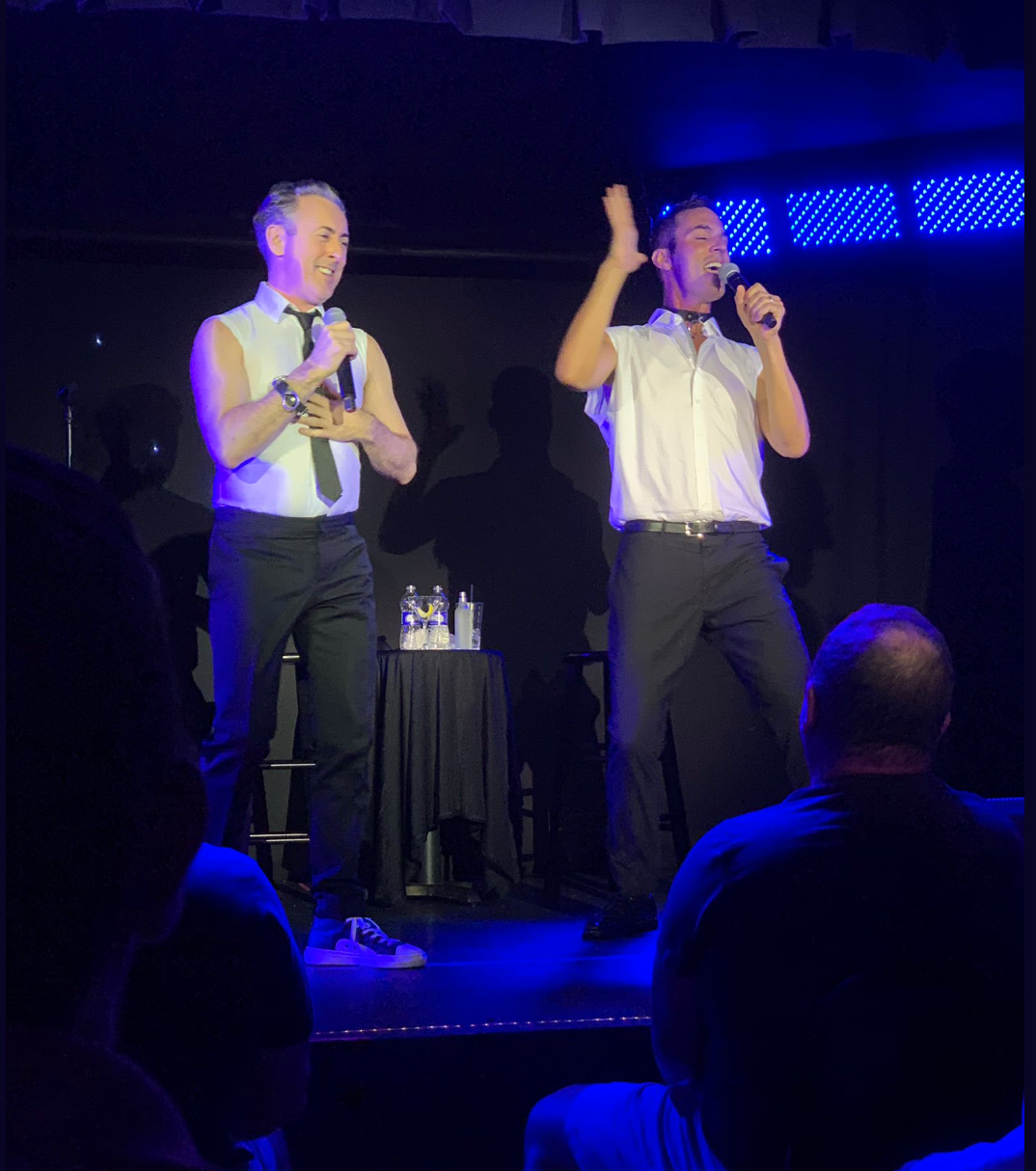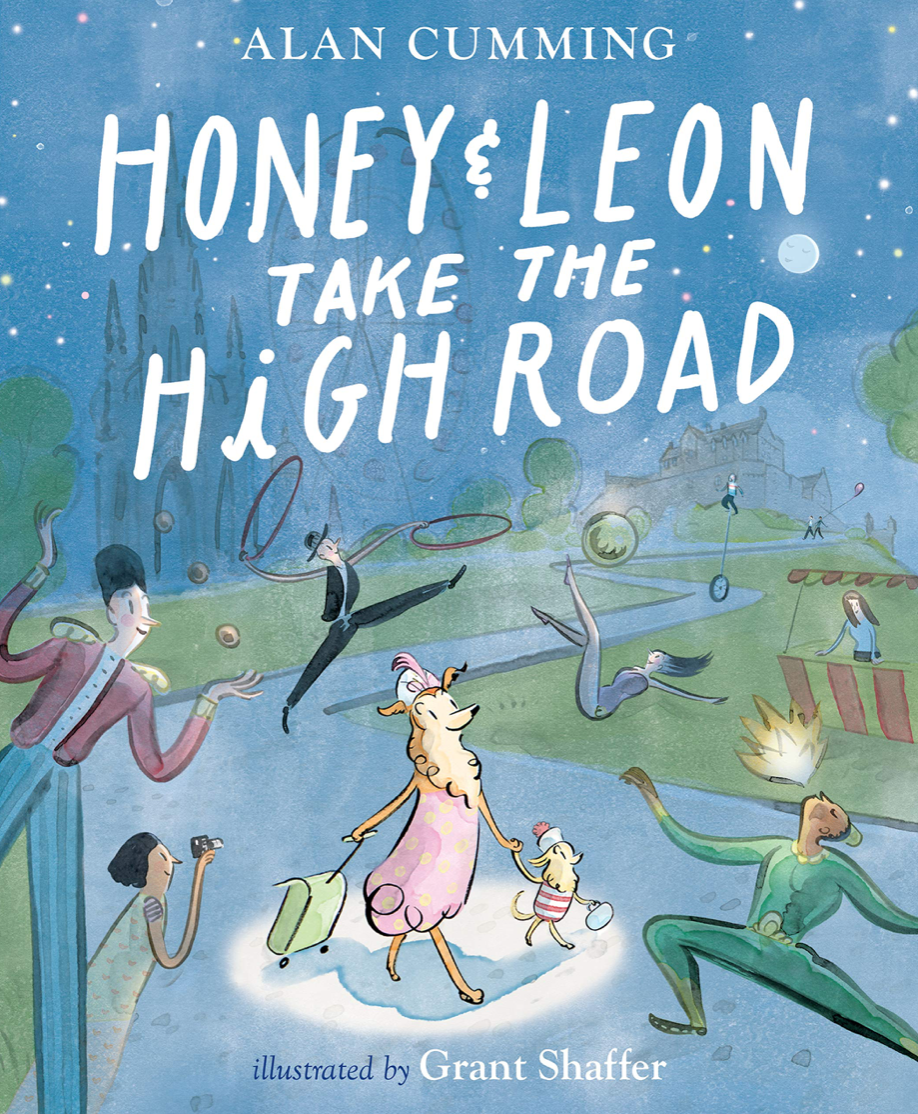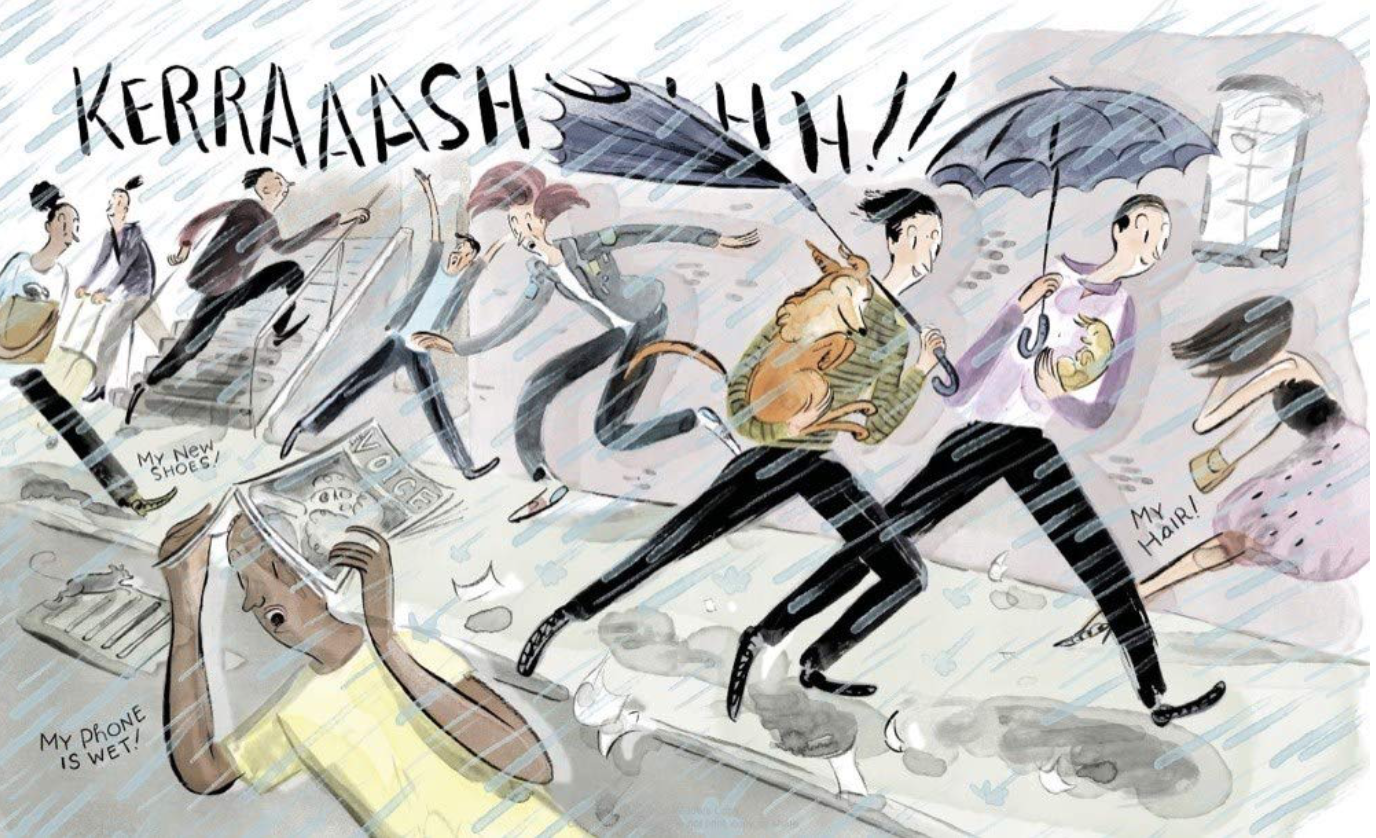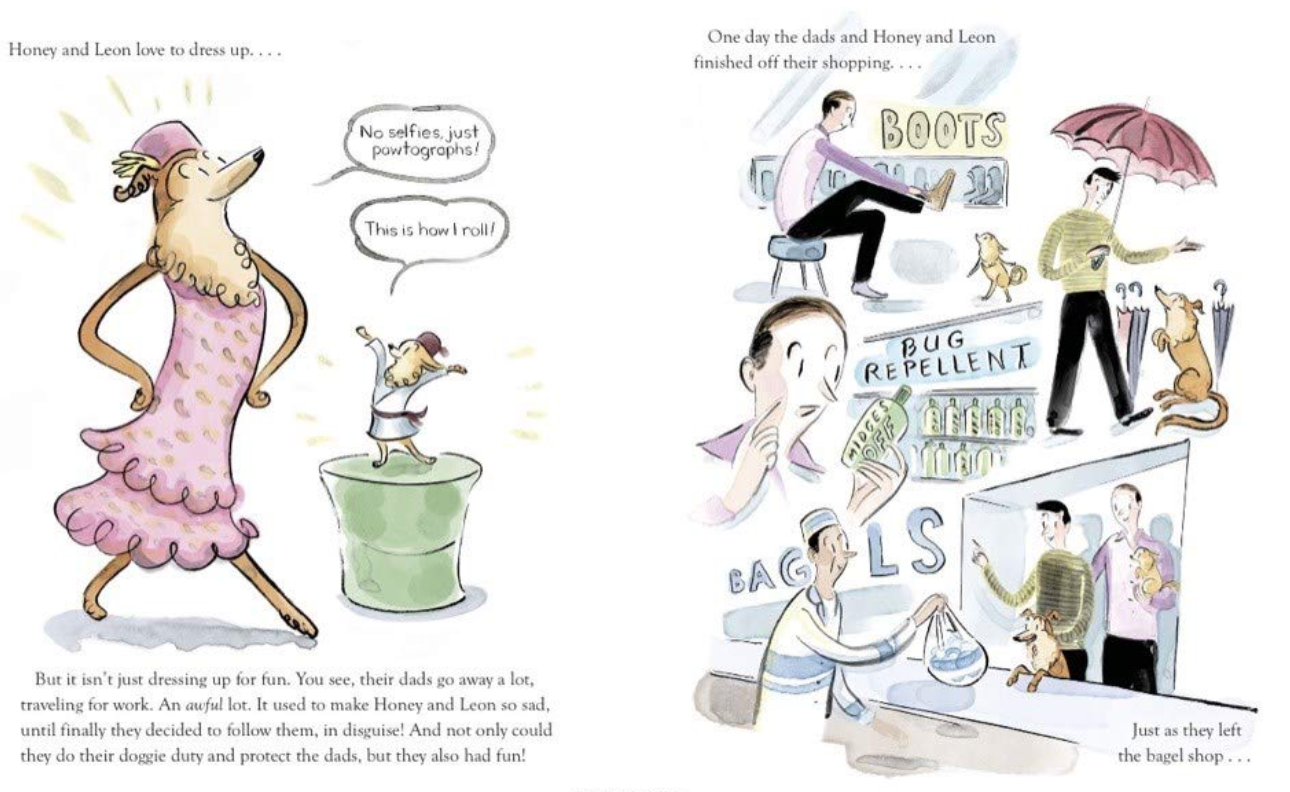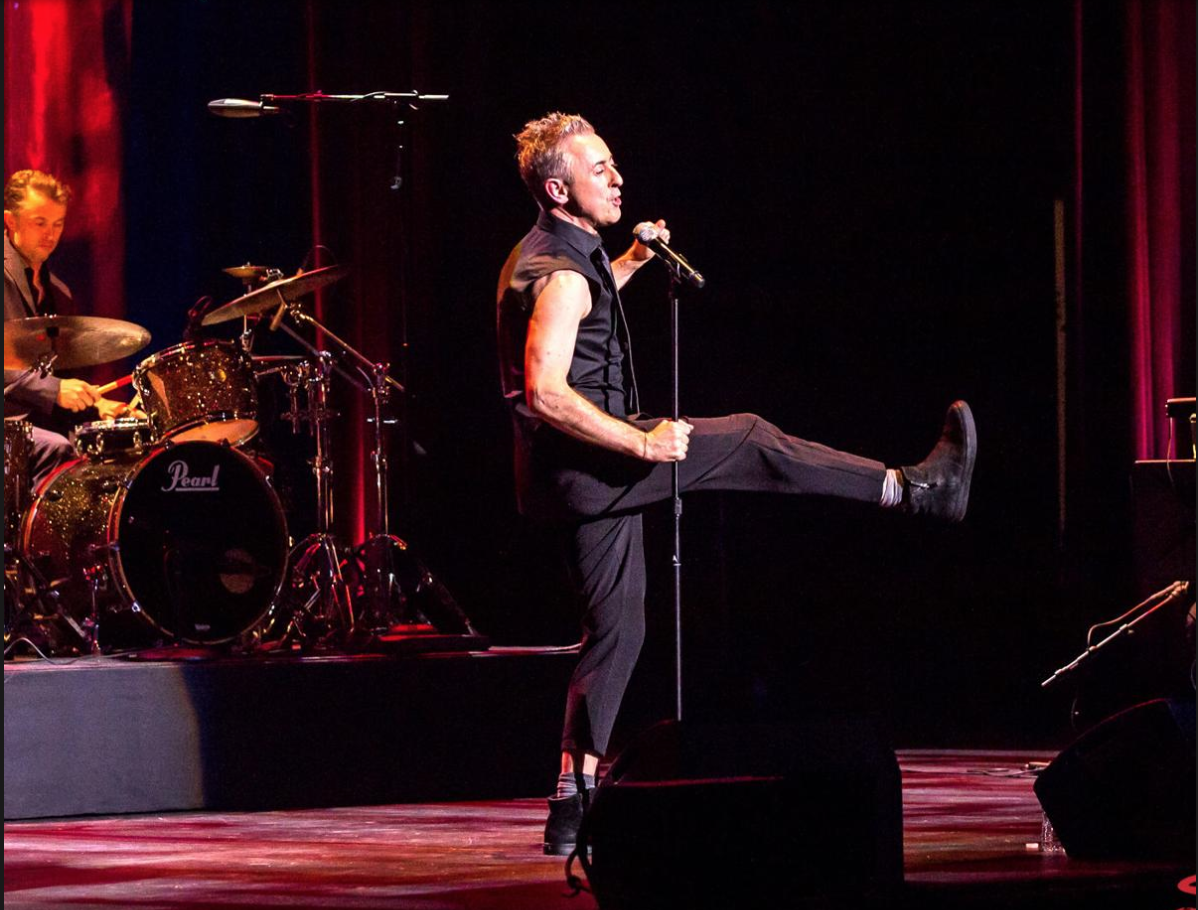I wrote a review for the New york Times Book Review of John Waters’ new book Mr Know It All…..
That John Waters is a national treasure is a surety. Period. Thank you and good night.
The studies of American film history from the mid-60s onward, and of countercultural ideas and ideals from then up to the very present moment, are infused and imbued with and by his great, weirdo, contrary specter.
His latest book is cleverly entitled “Mr. Know-It-All.” Clever because, duh, the guy is in his 70s, he has done it all, he is as cool as anyone could ever hope to be and he is still rocking: touring with his speeches and books and art shows and generally imparting his pervy yet utterly sensible (mostly) wisdom to generations of people who were not even born when he first shot to fame like some indie, scatological P. T. Barnum who captured on film the indelible cultural phenomenon of an overweight drag queen on the streets of Baltimore eating actual dog feces.
But so much more clever is the revelation that “knowing it all” inevitably means truly knowing himself, and this book — more than any of the author’s others I have read — shows a vulnerability and an honesty and an almost frantic desire to impart to us, before he can no longer, his manic mantras, his obsessive treatises and his biting and blisteringly honest bons mots that are actually really enlightening life lessons. Watersian palimpsests, if you will!
“You never make much money on the projects you think up when you’re young — the ones that are the most original, the ones that get you noticed. No, you cash in later, once you’ve made a name for yourself and begin to fail.” He tells us this early on, and his book is surely an example of that.
“Mr. Know-It-All” is not, by any means, Waters’s finest work, but it is perhaps his most revealing, his most authentic. A shadow of impending death hangs over this tome, like a recurring guest in a psycho sitcom. But unlike authors who in their later works allow a sober knell of perception to ring through their prose, Waters instead manages to impart his wily wisdom like some giddy, gurgling, bratty child waiting to be caught and brought back home to clean up his soiled bedroom and do his homework.
“Remember when you are trying to cash in on a successful previous work, the concept must change or the Xerox copy gets weaker and weaker until you can’t read it at all.”
Indeed. Early on, while taking us on a whistle-stop tour of his cinematic career and the maddening mores of Hollywood, he speaks to us not as the enfant terrible, the Pope of Trash or the Prince of Puke we might expect, but as a canny and wizened realist who has been able to work the system, even when it has failed him. He now understands that perhaps the original Xerox was not necessarily the best one for all concerned. John Waters — the brand as well as the man — has aged well. He and his work are seasoned; they are the gifts that keep on giving, to him as well as us.
The last two-thirds of the book are a compendium of rants on topics that both fascinate and confound the author. Brutalist architecture is lauded. Andy Warhol is paid homage to and parodied at the same time. Chimpanzee art is used as a means to illuminate the insanity of the contemporary art market. The music of Waters’s youth is delved into at length and with tender detail, and yet another life lesson is imparted: He contends that we all need to have good taste in music, and I concur. For isn’t taste merely having opinions and being willing to defend them? In this current environment that constantly encourages us to stay afloat on the winds of influencers and #trending, how refreshing and necessary to hear that sticking to your guns is the essential route to a healthy psyche. If you consider Waters’s psyche to be healthy, as I indubitably do.
He also dismisses protesting (“Don’t act up, ACT BAD!”), fantasizes about a culinary version of his aesthetic in a restaurant named Gristle and makes observations about travel (“Why is everybody ugly in first class?”). Though here, again, a revealing and inspiring detail is slipped into the bountiful list of Waters wisdom: “‘The day you stop touring, your career is over,’ Elton John once told me, and he’s right.” Please note the extensive schedule of public events and appearances that now fill this auteur’s calendar. He intends to be with us for quite a while.
Waters understands that we need some real filth from him, and so there is an unashamedly sensationalist chapter on sex, with some classic, hilarious zingers: “Militant rimmers are the Jehovah’s Witnesses of anilingus. Always knocking on the door … but accepting if turned away.” And while we’re on the subject of the anus, here for me came the book’s biggest shock, a rectum-related remark that genuinely made me gasp and wonder if, in the same way people’s voting habits have a tendency to conservatize with age, Waters’s views on sex have been primped and neutered. Are you ready, readers? Here it comes: John Waters does not believe in penetrative anal sex! But then I read on, and when I got to the bit where he states that peeing on a man in the bathroom of a sex club broadened him intellectually I realized that, of course, conventional old anal sex would be likely to be pooh-poohed by this scribe.
In the final third of the book, Waters lets slip that it was sold to his publisher partly on the idea that, at 70, he would take LSD again and write about it. Here, if anywhere in this great, rambling literary shrine to the author’s idiosyncrasies, we learn the very essence of John Waters. He begins with a sensational idea, he arrests us, but then the actual execution of it is marred with anxiety and doubt — much like the experiences he relates from his filmmaking days. When the moment finally arrives and he drops the drug with two friends, the shocking truth emerges that they all just had a really lovely time. When it’s over he texts his assistants, his boyfriend, even his drug dealer, to tell them he’s fine. And life goes on. It wasn’t that big a deal. But that’s what I loved about this book: its honesty, even in its flaws.
As the man himself says, and this is a mantra I think every artist who feels the pressure to keep delivering should heed and pass on (I know I will): “Learn to milk whatever success you’ve had. You can keep doing the same thing over and over as long as you have a sense of humor about not having a new idea.”






